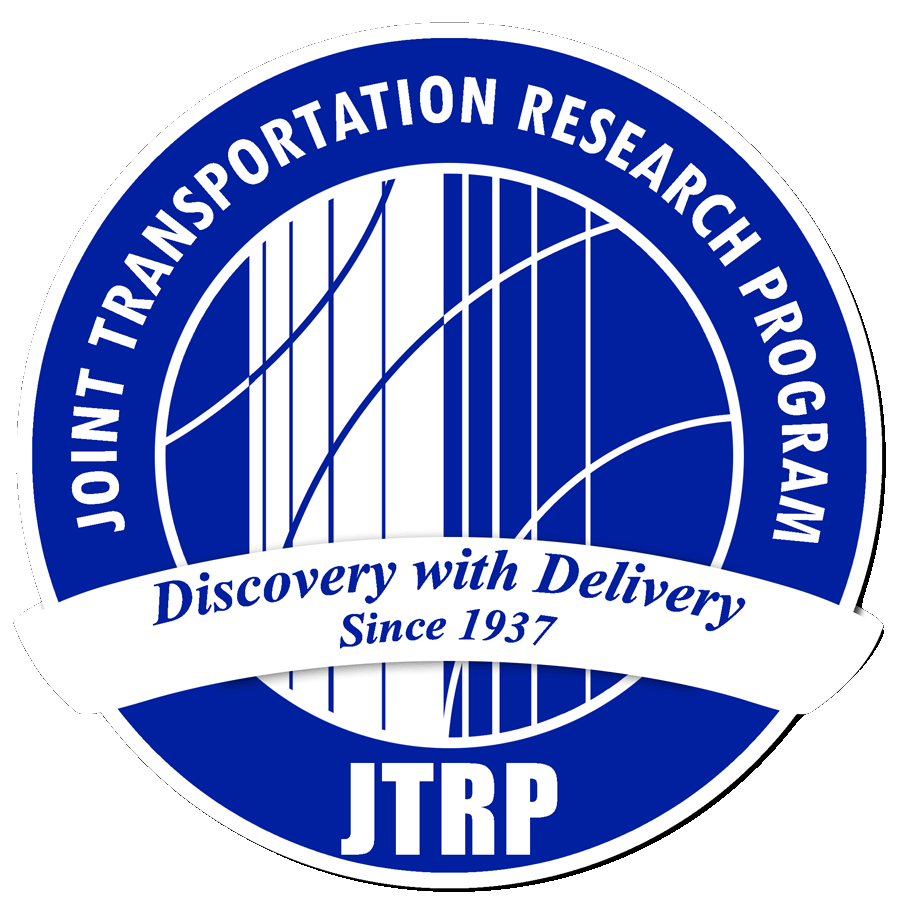Abstract
Adequate friction resistance is needed to prevent pavement slipperiness and to allow vehicles to stop in a reasonable distance. In stone mastic asphalt surfaces, friction resistance is mainly a function of the interaction between the aggregates exposed at the road surface and the vehicle tires. Performance of the aggregate is reduced over time by wear and polishing as a consequence of vehicular traffic. In this research a method to investigate aggregate performance based on physical, chemical and petrographic factors has been evaluated. The objective was to develop a laboratory method to test Indiana dolomite, limestone, sandstone, and gravel aggregates to predict field performance, and determine causes for the range of values among these aggregates. The assessment of gravel sources was primarily on the basis of individual rock types and those proportions comprising the gravel. Polish and friction values were determined in the laboratory with the British Wheel and Pendulum, and field values with the towed friction trailer. Correlations between parameters were established which provide predictions of friction resistance based on laboratory specimens. Further refinement is required to set performance Specifications for in-situ aggregate selection.
Keywords
bituminous overlays, friction resistance, texture, petrography, HPR-2082
Report Number
FHWA/IN/JHRP-95/11
SPR Number
2082
Performing Organization
Joint Highway Research Project
Publisher Place
West Lafayette, IN
Date of Version
1996
DOI
10.5703/1288284313187
Recommended Citation
Bruner, D. W., J. C. Choi, and T. R. West. Development of a Procedure to Identify Aggregates for Bituminous Surfaces in Indiana. Publication FHWA/IN/JHRP-95/11. Joint Highway Research Project, Indiana Department of Transportation and Purdue University, West Lafayette, Indiana, 1996. https://doi.org/10.5703/1288284313187Project Number
C-36-6NN
File Number
2-4-40


